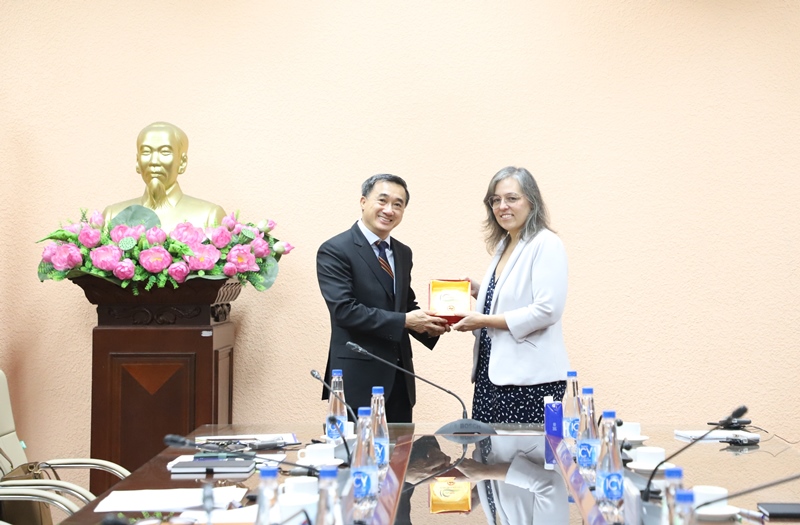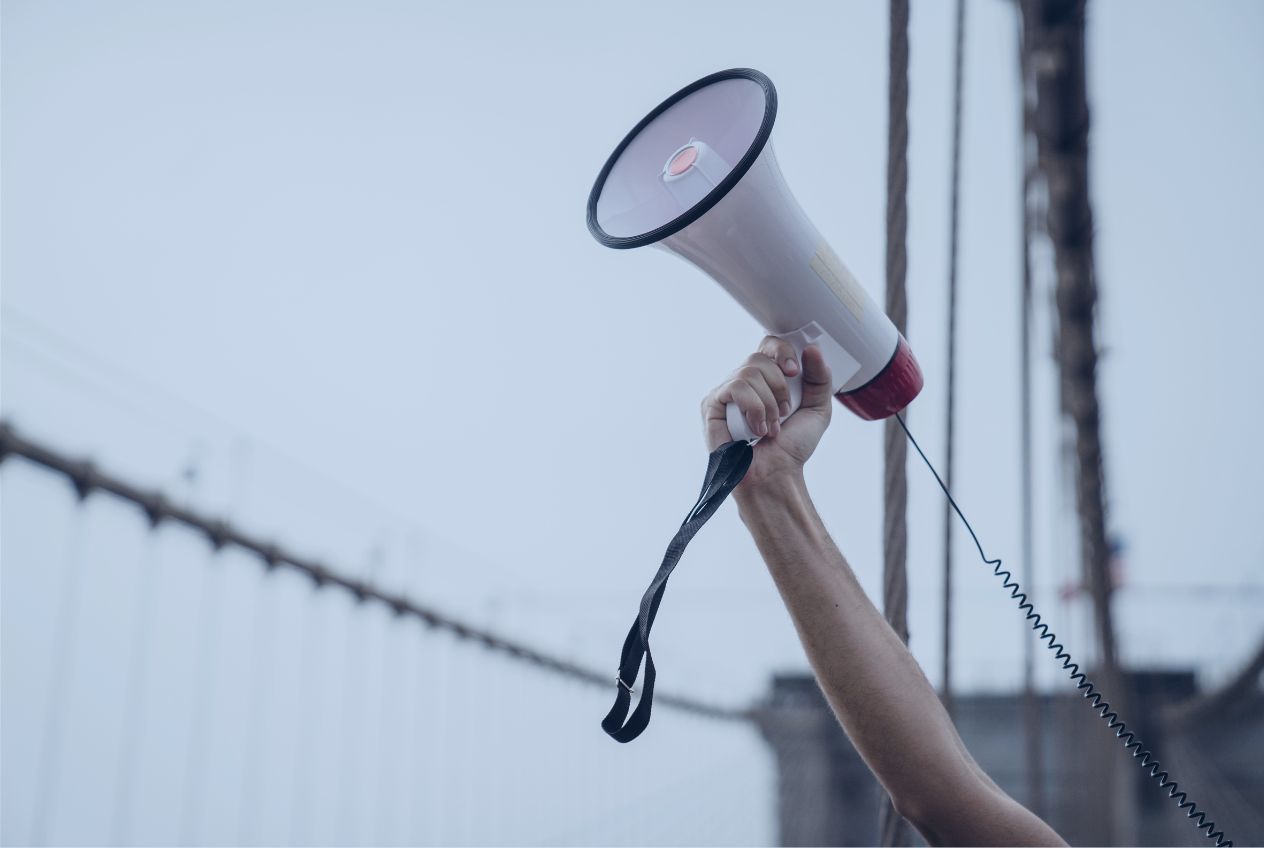On November 30, 2024, the World Health Organization proudly announced the Socialist Republic of Vietnam would completely ban nicotine alternative products like vaping devices and heated tobacco products.
The WHO’s Dr. Angela Pratt, the global health body’s representative in Vietnam, took to social media to celebrate the National Assembly’s vote that would bring the death knell for all nicotine products – save for traditional cigarettes, which are mostly sold by the country’s state-owned tobacco company Vinataba.
“Vietnam’s National Assembly today voted to ban import, production, trade and use of e-cigarettes and heated tobacco products. This is a vote for health, especially the health of #Vietnam’s young people,” she posted on X.
Breaking news!
— Angela Pratt (@angepratt) November 30, 2024
🇻🇳’s National Assembly today voted to ban import, production, trade and use of e-cigarettes and heated tobacco products.
This is a vote for health, especially the health of #Vietnam’s young people.
Bravo NA members, especially Health Minister Lan for your… pic.twitter.com/a35lMYCASP
The most up-voted community note on the post highlights the ultimate irony of the new state policy: it would outlaw the nicotine alternative technologies that were once competing with Vietnam’s own billion-dollar state-owned tobacco monopoly, Vinataba.
And it would do so with the explicit support of the world’s premier global health body and supporting non-governmental organizations.
“With this ban they effective remove access to less harmful alternatives which compete with their products,” states the Community Note.
As has been highlighted in the business press, sales of the state-owned tobacco company have slumped as they’ve competed with both new-generation nicotine vaping devices and heated products, as well as illicit products from abroad.
“Smuggled and new-generation cigarettes were widely sold on the market without a solid management policy, causing losses to the state budget and affecting consumers,” company officials told The Investor Magazine in December 2023.
Faced with declining revenues that aid its state budget and competition from new alternative products like vaping devices and heaters, the government took the drastic step of outlawing products that would threaten cigarette sales, products considered by many global health experts and agencies to be much less harmful than tobacco combustibles.
Bloomberg Claims Its Prize
Not more than a week and a half following the announcement, Vietnam’s Ministry of Health hosted a roundtable of strategic partners to celebrate the recent health policy, most notably Bloomberg Philanthropies, the multi-billion dollar health nonprofit steered by former New York City Mayor Michael Bloomberg.
Bloomberg Philanthropies has been instrumental in partnering with the World Health Organization and partner groups in developing countries to advocate for banning nicotine alternatives, as has been documented in Brazil, Mexico, China, the Philippines, and many more (learn more in Fun Police).
An Associated Press article from earlier this year details the sowing of confusion between Bloomberg Philanthropies and health groups it supports, as many have temporarily shifted from an anti-tobacco focus to work on anti-nicotine projects.
Just last year, Bloomberg announced it would spend $420 million over four years on anti-smoking advocacy in developing countries across the world, including in China and the Philippines. From all indications, however, that funding has been much more sweeping in scope, also nudging countries to outlaw next-generation nicotine products that contain no tobacco at all.
Since 2017, Indian Prime Minister Narendra Modi’s government has kept a watchful eye on Bloomberg’s anti-smoking efforts, criticizing their programs once it was revealed that the various groups and organizations receiving grants from Bloomberg Philanthropies were actively lobbying and pressuring government officials to follow their policies.
In April 2024, India placed Bloomberg partner organization Campaign For Tobacco-Free Kids on the list of “prior reference category” organizations, a watchlist for unscrupulous lobby groups due to its “misuse” of foreign funds.
The same concerns were raised in Mexico and Colombia, where Campaign For Tobacco-Free Kids, funded and guided by Bloomberg Philanthropies, offered to pay health agencies directly for implementing their specific slew of reforms.
This recent case in Vietnam, however reveals how Bloomberg’s influence was not just in supporting the bill to ban nicotine alternatives and support its domestic tobacco monopoly, but also in drafting it as well.
“The Ministry of Health recognizes and appreciates the Bloomberg Charity Foundation’s partners who have accompanied the Ministry of Health in the process of developing reports to propose to the Government and Congress on the development of a ban on new-generation e-cigarettes, by helping to provide important evidence of the harm of new tobacco products, sharing the management experience of countries, assisting the University of Public Health to investigate the situation of new-generation tobacco use among teenagers, present scientific evidence, and carry out media campaigns,” said Deputy Health Minister Tran Van Thuan.

Vietnam’s Deputy Minister of Health Tran Van Thuan, awards Betsy Fuller of Bloomberg Philanthropies with the “For People’s Health” achievement for the “professional support for advocacy” in helping outlaw nicotine alternative devices.
The timing of the Bloomberg charity’s visit to Vietnam’s Health Ministry underscores not only that they supported the country’s efforts to ban nicotine alternatives while leaving cigarettes and traditional combustible products alone, but also that they proved instrumental in crafting the law, lobbying for the bill among representatives, and ultimately providing the template the state needed.
Rather than advocating for general tobacco control measures, Bloomberg’s principal campaign in Vietnam focused on banning or severely restrict harm reducing technologies such as vaping.
Diverting from their mission of reducing tobacco use, Bloomberg instead used their influence to zero in on innovative and novel technological vaping products that deliver aerosolized nicotine and have nothing to do with tobacco, all the while propping up Vietnam’s struggling state-controlled tobacco company.
The next step, according to Vietnam’s Health Ministry, will be to use their successful implementation of the ban to continue similar measures to “restore public health”.




